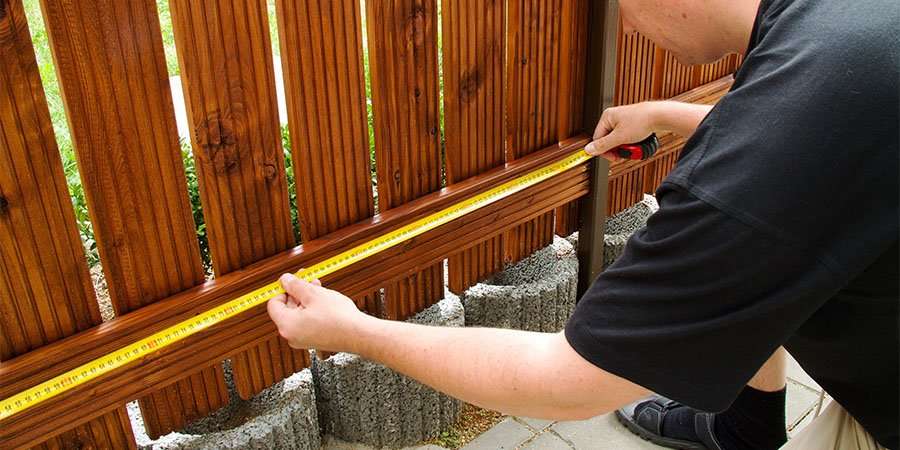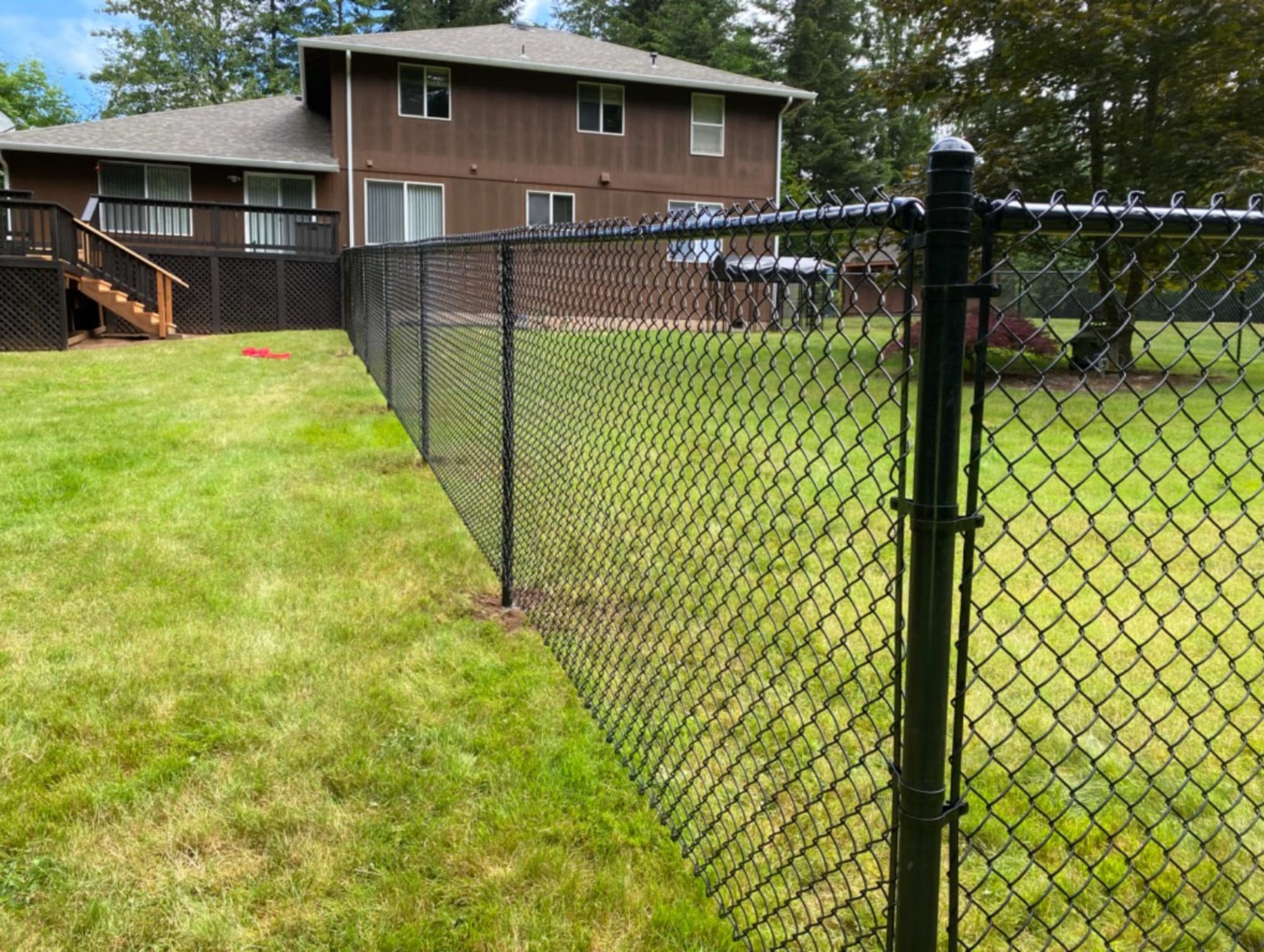All Categories
Featured

Choosing the appropriate fence product is necessary for achieving the balance of sturdiness, aesthetics, and functionality that matches your residential or commercial property. Timber, vinyl, and aluminum are preferred choices, each with one-of-a-kind features that satisfy certain requirements. Here's a comprehensive take a look at the benefits and disadvantages of these three materials.
Wood Secure Fencing. Pros:. Timeless Allure: Wood provides a natural, timeless appearance that matches different architectural styles. Customizable: It can be painted or discolored in a selection of layouts and colors. Cost effective: Wood fences are typically less expensive upfront than vinyl or light weight aluminum. Eco-Friendly: As a renewable energy, wood is naturally degradable and lasting when sourced properly. Disadvantages:. Maintenance-Intensive: Calls for regular staining, paint, or sealing to shield versus weather and bugs. Much Shorter Lifespan: Depending on the type of timber and climate, it commonly lasts 10-15 years. Vulnerability to Damages: Prone to decaying, bending, and termite damage without proper care. Timber is excellent for home owners that value looks and agree to spend effort and time in maintenance to lengthen its life.
Plastic Fence. Pros:. Long lasting: Immune to pests, rot, and weather, vinyl preserves its framework in harsh problems. Reduced Upkeep: Needs little maintenance beyond periodic cleaning. Lengthy Life-span: Plastic can last 20-30 years without considerable wear or damage. Functional Styles: Offered in numerous shades, structures, and designs, including choices that simulate wood. Disadvantages:. Costly Installment: Plastic fencings are extra expensive to set up compared to wood. Brittle in Cold Climate: Plastic can split in severe cold climates. Difficult to Fixing: If harmed, whole sections may need substitute, which can be challenging to match. Vinyl fence is a great selection for those focusing on durability and minimal upkeep, also if it features a greater ahead of time price.

Light Weight Aluminum Secure Fencing. Pros:. Rust-Resistant: Light weight aluminum does not rust, making it suitable for wet or damp areas. Strong but lightweight: Deals toughness without being extremely hefty, which simplifies installation. Reduced Maintenance: Calls for bit even more than cleaning and occasional repainting. Durability: Light weight aluminum fences can last for years without substantial damage. Classy Designs: Typically used for decorative objectives, light weight aluminum adds class to any property. Disadvantages:. High Preliminary Price: Light weight aluminum fencings are among the much more pricey alternatives. Restricted Personal privacy: Often developed with open areas, they don't obstruct sights or sound. At risk to Dents: While tough, light weight aluminum can be dented or curved with heavy impact. Light weight aluminum is ideal suited for those who desire a lasting, stylish fence and do not call for total privacy.
Making the Right Selection. Each product has its staminas and weaknesses:

Wood is excellent for typical aesthetics and eco-conscious customers who don't mind upkeep. Vinyl works for house owners looking for a weather-resistant, low-maintenance solution. Light weight aluminum is a sturdy, attractive option for those that want style and durability. Consider your concerns-- whether it's expense, look, maintenance, or personal privacy-- and seek advice from a fence specialist to choose the material that ideal satisfies your needs. A well-selected fence will boost your residential property for many years to come.
Latest Posts
Discovering the Benefits of WyHy Share Interest-bearing Account
Published Apr 19, 25
1 min read
Top-Quality Auto Care for All Cars & Trucks: Your Premier Auto Service in Montclare
Published Apr 19, 25
2 min read
Contact Us: Reach Out for Expert Auto Repair & Service in Montclare
Published Apr 19, 25
2 min read
More
Latest Posts
Discovering the Benefits of WyHy Share Interest-bearing Account
Published Apr 19, 25
1 min read
Top-Quality Auto Care for All Cars & Trucks: Your Premier Auto Service in Montclare
Published Apr 19, 25
2 min read
Contact Us: Reach Out for Expert Auto Repair & Service in Montclare
Published Apr 19, 25
2 min read